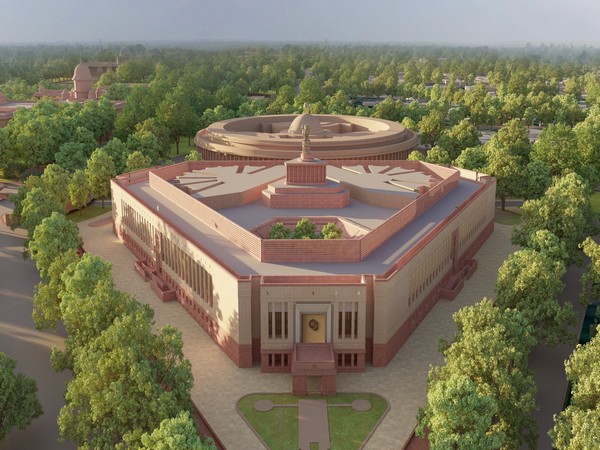Lok Sabha passes Press and Registration of Periodicals Bill
Stressing upon the ease of doing business aspect, Shri Thakur said title registration process, which sometimes took 2-3 years, would now be done in 60 days.

- Country:
- India
In a historic decision, the Lok Sabha today passed the Press and Registration of Periodicals Bill, 2023, repealing the colonial era law of the Press and Registration of Books Act, 1867. The Bill has already been passed by Rajya Sabha in the Monsoon Session.
The new statute – The Press and Registration of Periodicals Bill, 2023 makes the process of allotment of title and registration of periodicals simple and simultaneous, through an online system without the requirement of any physical interface. This would enable the Press Registrar General to fast track the process, thereby ensuring that publishers, especially small and medium publishers, face little difficulty in starting a publication. Most importantly, the publishers would no longer be required to file a declaration with the District Magistrates or the local authorities and get such declarations authenticated. Furthermore, printing presses would also not be required to furnish any such declaration; instead only an intimation would be sufficient. The entire process presently involved 8 steps and consumed considerable time.
Introducing the Bill in the Lok Sabha, Minister for Information & Broadcasting Anurag Singh Thakur said “the Bill reflects yet another step of the Modi Government towards jettisoning mentality of slavery and bringing new laws for new India”. The Minister further added that it has been the priority of the Government to end criminality, improve ease of doing business and ease of living through new laws and accordingly, efforts have been made to substantially decriminalize the colonial era statute.
For certain violations, financial penalties have been proposed instead of conviction as earlier. Further, a credible appellate mechanism, headed by the Chairperson, Press Council of India has been provided for. Stressing upon the ease of doing business aspect, Shri Thakur said title registration process, which sometimes took 2-3 years, would now be done in 60 days.
The Act of 1867 was a legacy of the British Raj which intended to exercise complete control over the press and the printers and publishers of newspapers and books along with heavy fines and penalties including imprisonment for various violations. It was felt that in today’s age of free press and the Government’s commitment to uphold media freedom, the archaic law was totally out of sync with the current media landscape.
(With Inputs from PIB)
- READ MORE ON:
- Lok Sabha
- Press and Registration of Periodicals Bill










